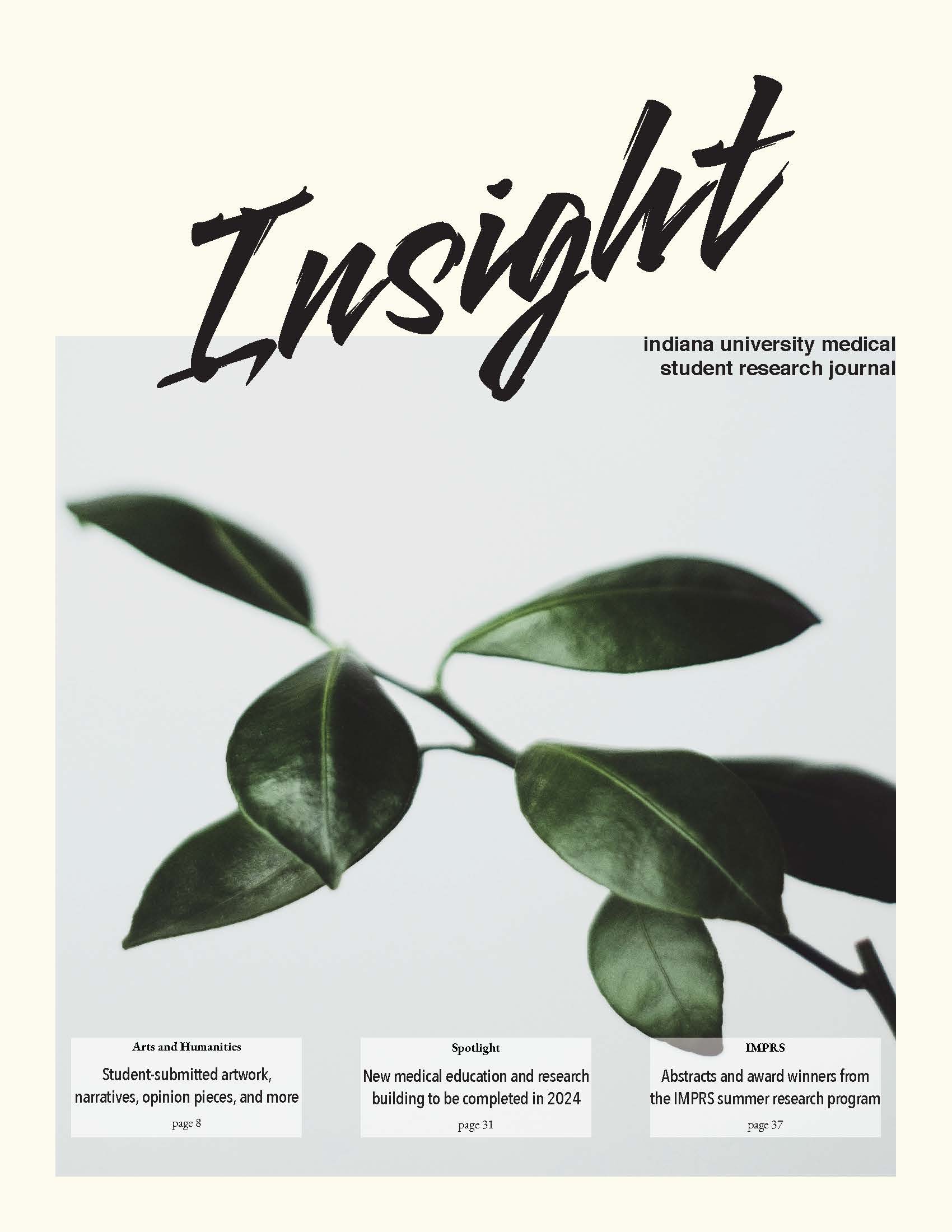Improving Family and Surrogate Research Engagement in Nursing Homes
Abstract
Background: Nursing homes (NHs) are important sites of care for people with cognitive and physical disabilities; nearly half of NH residents have dementia. Unfortunately, NHs continue to be plagued with quality-of-care issues including lack of person-centered care and under- treatment of symptoms. The UPLIFT-AD (Utilizing palliative Leaders In Facilities to Transform care for Alzheimer’s Disease) stepped wedge trial aims to address these issues by using palliative care (PC) specialists in NHs. Measuring the impact of this intervention is challenging because people with dementia often have difficulties communicating, and thus, much research relies on the observations of staff and surrogate decision-makers (usually family members). The latter has yielded a low response rate for the first timepoint of the UPLIFT-AD project.
Project Methods: A brief literature scan for similar PC NH interventions and surrogate engagement in NH research was performed, with support from a medical librarian, and revised strategies for surrogate recruitment were utilized during the second timepoint survey for two first-wave NHs.
Results: Two first-wave NHs (n=47 and 43) had surrogate baseline survey completion rates of 42.6% (n=20) and 34.9% (n=15). Following the implementation of the additional strategies— calling surrogates from NH phones, calling at varied times, and emailing research information— the overall survey completion rate was relatively unaffected—42.6% (n=20) and 37.2% (n=16). Of the surrogates from these facilities (n=90), 30.0% (n=27) refused to participate and 17.8% (n=16) were “unable to contact.” The reasons for refusal included “not interested” (37.0%), “too busy” (18.5%), “no reason” (11.1%), “hung up” (11.1%), and “other” (22.2%). The literature scan yielded few published articles containing strategies to improve engagement of surrogates in NH PC research.
Conclusion: Strategies to enhance surrogate engagement in NH research are underdeveloped. Engaging surrogates in research requires multiple strategies and presents an ongoing challenge but represents a critical perspective for studies involving people with dementia.
Downloads
Published
Issue
Section
License
Copyright to works published in Insight is retained by the author(s).

